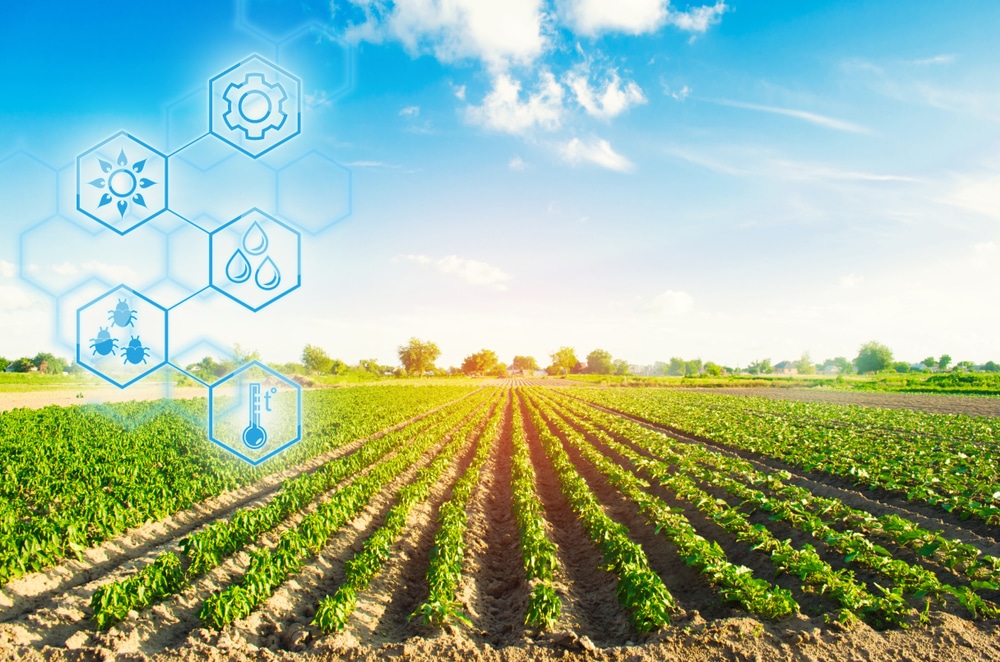Waterford Institute of Technology (WIT) recently announced the approval of a range of postgraduate courses in organic and biological agriculture.
Professor Peter McLoughlin, Head of the School of Science and Computing, said that graduates of these programmes may wish to apply the knowledge and practices learned in primary commercial production, provide support and technical advice to growers and farmers or may opt to remain in a research, development and innovation environment. They may also use their applied knowledge and skills in public service for the development of supportive agricultural, climate, and environmental policy.
Postgraduate Courses in Organic and Biological Agriculture
Upon successful completion of individual Level 9 certificates the learner can graduate with a Certificate in Organic and Biological Production (30 credits), a Postgraduate Diploma in Organic and Biological Agriculture (60 credits), or indeed complete the full (90 credit) MSc in Organic and Biological Agriculture.
WIT is currently taking applications for two Level 9 Certificate Programmes: Soil Health and Water Management; and Livestock Management in Organic and Biological Agriculture. Both programmes are component parts of a MSc in Organic and Biological Agriculture.
Registration open
These two courses will run from the week starting 14 February 2022 with applications closing on 21 January.
Sean McGloin, Network Manager of the National Organic Training Skillnet (NOTS), said that, based of feedback from their course trainees, NOTS had identified an increased demand for and interest in specific areas in soil biology and health, more integrated approaches to livestock management with strategic use of agro-forestry to enhance on-farm biodiversity. In combination, all these areas lead to better climate resilience on Irish farms. “We certainly see a need at grower and producer level to enhance their knowledge and skills,” he said.
John Geraghty, Lecturer in Land Management, also sees significant demand from professionals in the agriculture and food sectors. “A key principle in the EU Green Deal and the Farm to Fork Strategy is to develop our knowledge of soil health and appreciate its importance in Agriculture today and into the future. The European Commission estimates that over 60% of agricultural soils are degraded in EU Member States, with a target to achieve healthy soil status in 75% of agricultural soils by 2030. A change in our knowledge and understanding of how critical soil health is, together with the adoption of beneficial farm practices will be required,” he added.
Designed for mature students
These programmes were based on a needs assessment carried out in conjunction with NOTS, farmers, growers, and producers on the ground, and among other industry stakeholders. Course content has been developed by staff in the Department of Science in WIT who have expertise in key areas, with many actively engaged in farming.
The individually certified modules within the masters programme will each run for 12 weeks and will consist of webinars, virtual sessions, with laboratory and field assessments and farm visits during each programme period.
Head of the Department of Science, Dr Orla O’Donovan, stated that mature students have different education and learning needs. “The flexible structure of the programme will enable participants graduate with either individual certificates, grouped certificates, or complete a two-year programme for a Postgraduate Diploma or a MSc in Organic and Biological Agriculture,” she said.












Comments